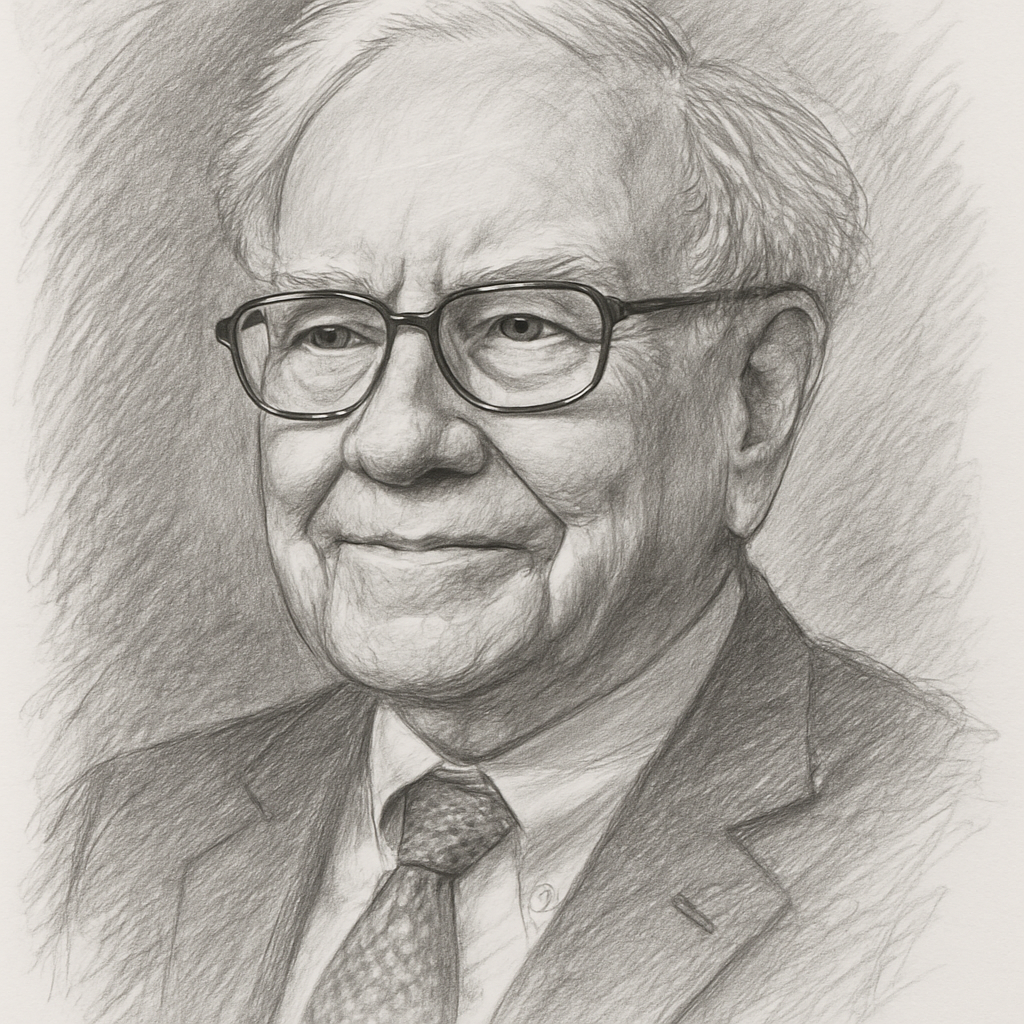Warren Buffett Made 95% of His Net Worth AFTER 65
Warren Buffett just announced his retirement at 94.
Even more staggering though is 95% of his net worth came after his 65th birthday—the age when most people call it quits.
His successor, Greg Abel, will take over the reins at the ripe age of 62. For some, success will come from staying in the same lane for decades. For others, it might be pivoting to an entirely new career.
This isn't just a story about an exceptional investor. It's about a math equation that could transform your financial future which I call The Extension Effect.
If you stop working completely in your 60s, you’re likely leaving not only money on the table, but also meaning, wisdom, and health.
You will rob the world of your experience—and you will rob yourself of the exponential benefits of letting time do its work.
The primary financial benefit of working longer is you can extend the compounding effects of your investments in a dramatic way.
The Rule of 72 is a simple way to (roughly) determine how long an investment will take to double, given a fixed annual rate of interest. By dividing 72 by the annual rate of return, you obtain a rough estimate of how many years it will take for your initial investment to double.
If you assume a long-term growth rate of 7 percent, your money will double approximately every 10 years (70/7=10).
That means $100,000 earning 7% annually at age 45 grows to:
$196,000 at 55
$387,000 at 65
$761,000 at 75
Notice the real wealth is created in those later years. The years traditional retirement planning encourages you to sit out.
Most of the advice around compounding interest is to start as soon as you can. Many articles suggest saving aggressively in your 20s to take advantage of this phenomenon.
These articles can be pretty depressing to read if, like me, you weren’t thinking about saving for retirement at that age. Even if you were, you were probably earning much less than you are now, and you still have your work cut out for you.
There aren’t many articles about how you can achieve the same powerful results by extending when you withdraw, not just when you deposit. If your plan says you’ll have $1 million at 65, simply continuing to work (and cover your expenses with earned income) means that untouched $1 million could be $2 million by 75.
Working longer isn’t just about money, it’s about optionality. It means more flexibility now, more resilience later, and the chance to keep sharing your gifts with the world.
What if 65 isn’t the end, but rather a new beginning?
And what are you sacrificing right now for an outcome you may not even want when you get there?
Your expertise, wisdom, and contribution capacity don't have to expire at 65. They will compound, just like your investments and it would be a shame to drain those “accounts” and all their potential.
The Extension Effect isn't about working yourself to death forever. It's about recognizing that your most valuable and profitable years might be ahead of you, not behind you.

